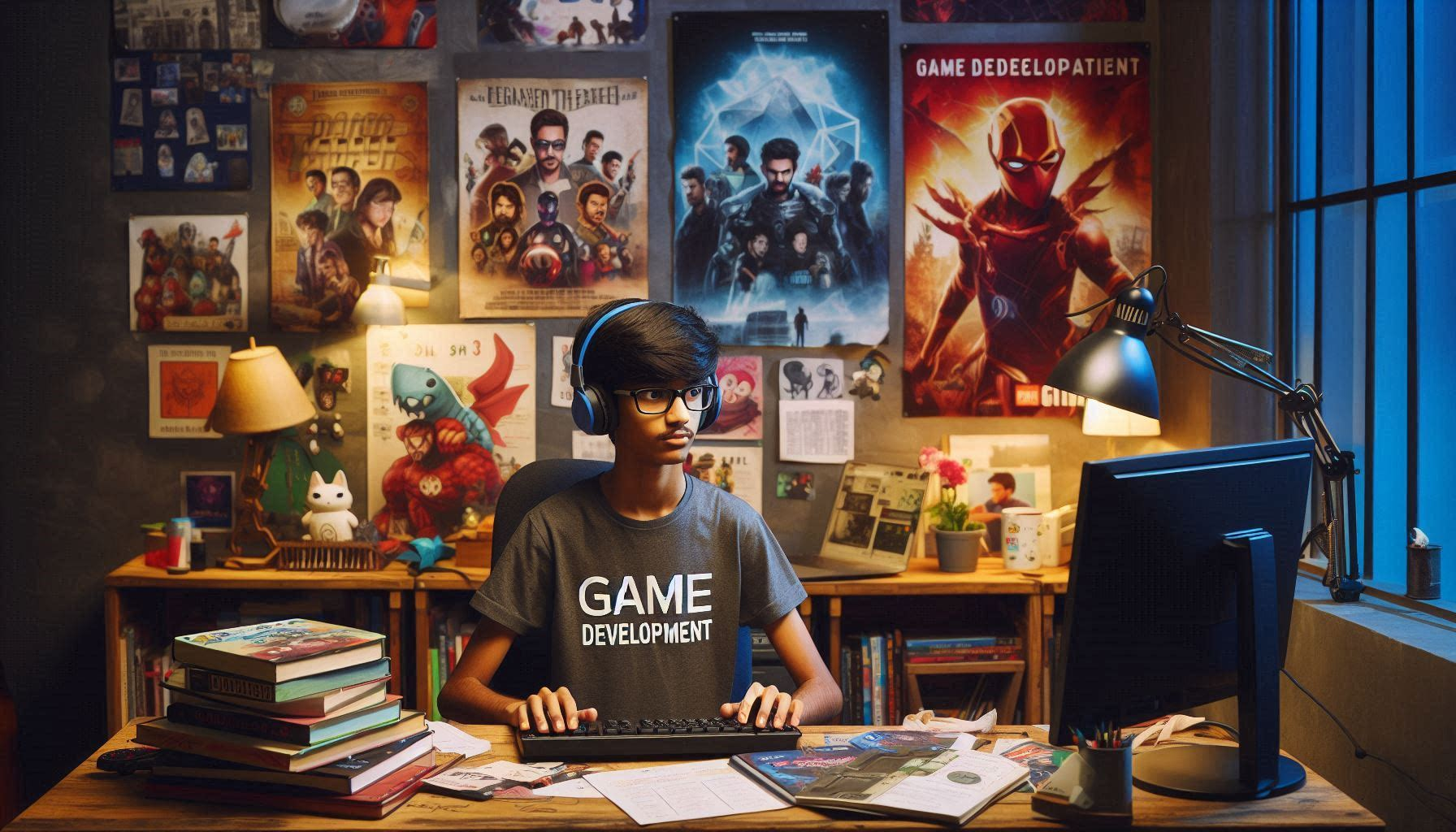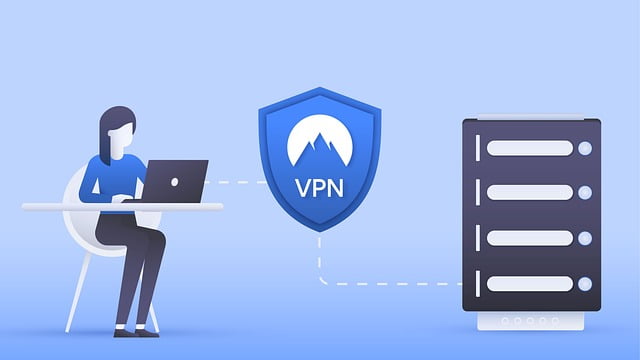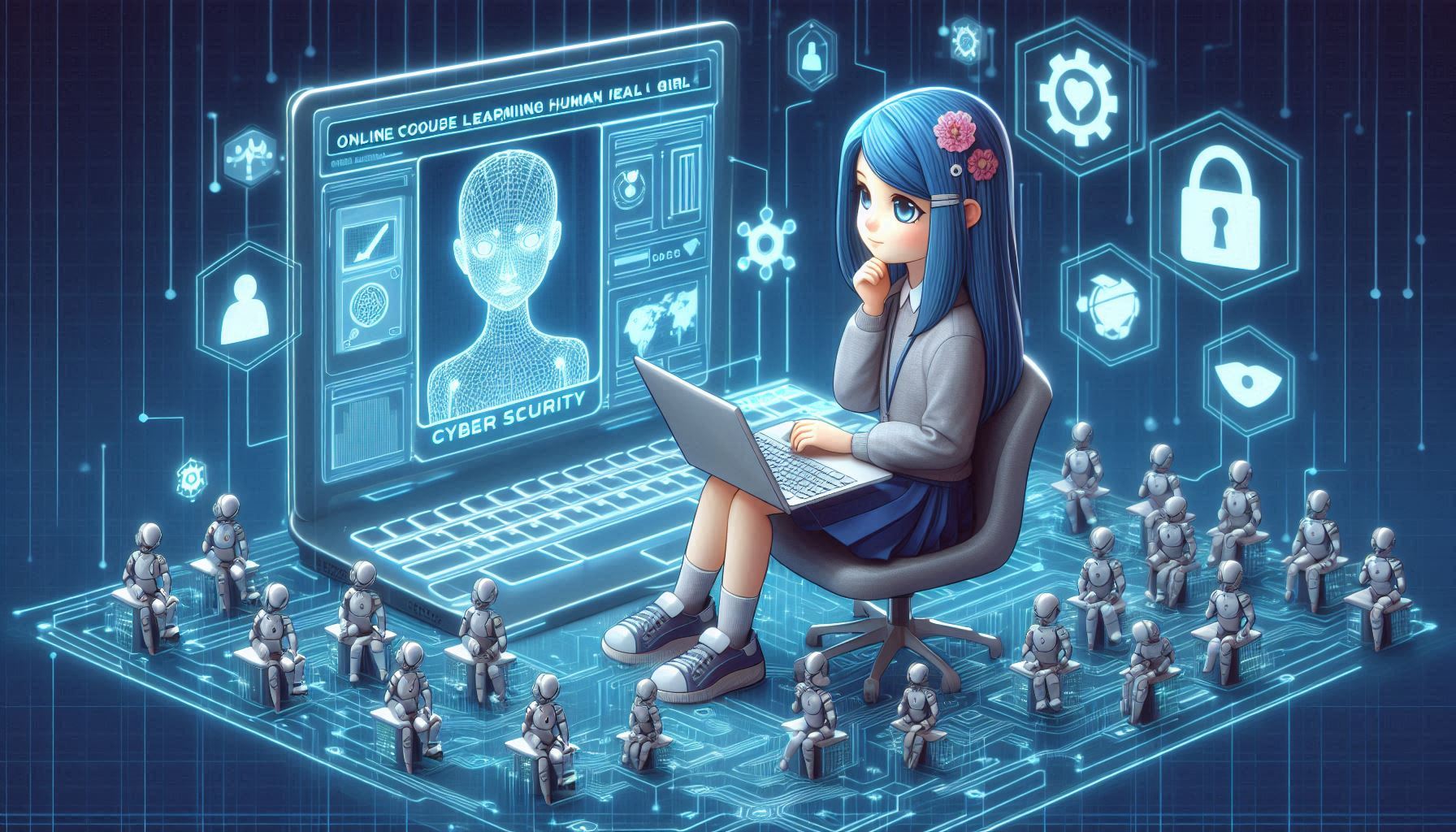Kickstart Your Game Development Journey for FREE! 🎮 | Ultimate Roadmap to Success

In this article we will cover, Kickstart Your Game Development Journey for FREE! In recent years, the world of game development has exploded in popularity, drawing in countless enthusiasts eager to turn their passion for gaming into a fulfilling career. This article aims to guide you through the exciting journey of becoming a game developer—all for free! With an abundance of resources available online, aspiring developers can learn essential skills without the burden of costly tuition fees.
From understanding game design principles to mastering programming languages, this guide will serve as your game developer roadmap, offering insights into free game development courses and tools that can kickstart your journey. Whether you’re a complete beginner or someone looking to sharpen your skills, this roadmap will help you navigate the diverse landscape of game development and set you on the path to success.
Why Choose Game Development?
Game development is an incredibly rewarding career that offers a unique blend of creativity and technology. Here are some compelling reasons to consider pursuing this path:
- Creativity and Innovation: As a game developer, you have the opportunity to bring your ideas to life. Whether it’s designing characters, crafting immersive worlds, or developing engaging gameplay mechanics, game development allows you to express your creativity and innovate in ways that can captivate millions of players.
- Diverse Career Opportunities: The gaming industry is vast and continually growing, providing numerous career paths. From programming and game design to art and sound engineering, there are roles for people with various skills and interests. Additionally, with the rise of indie game development, there are more opportunities than ever to create and publish your own games.
- Strong Community Support: The game development community is vibrant and supportive. Online forums, social media groups, and local meetups offer countless resources, mentorship opportunities, and collaboration possibilities. Engaging with fellow developers can enhance your skills and provide valuable insights into the industry.
- Constant Learning and Growth: The tech landscape is ever-evolving, and game development is no exception. As a developer, you’ll have the chance to learn new tools, technologies, and trends regularly. This continuous learning keeps the work exciting and helps you stay ahead in your career.
- Potential for Financial Reward: While it may take time to establish yourself, successful game developers can earn lucrative salaries, especially in well-established companies. Additionally, creating your own games can lead to significant financial rewards if your projects resonate with players.
Common Questions:
Why is game development a good career choice?
Game development is a good career choice for those who are passionate about gaming and technology. It offers the chance to work on exciting projects, collaborate with creative individuals, and continuously learn in a fast-paced environment. With the gaming industry’s growth, there is also a strong demand for skilled developers.
What skills do I need to become a game developer?
To become a game developer, you’ll typically need the following skills:
- Programming Languages: Familiarity with languages such as C++, C#, or Python.
- Game Design Principles: Understanding the fundamentals of game mechanics and player experience.
- Problem-Solving Skills: The ability to troubleshoot and find creative solutions to challenges.
- Art and Animation (for certain roles): Knowledge of graphics design, 2D/3D modeling, and animation tools.
- Teamwork and Communication: Being able to collaborate effectively with other team members and communicate ideas clearly.
By choosing game development, you’re embarking on a career filled with creativity, collaboration, and the chance to make a meaningful impact in the world of gaming.
Understanding the Basics of Game Development
Game development is the process of creating a video game, which encompasses a variety of disciplines and skills. It involves a collaborative effort where individuals contribute their expertise to bring a game from concept to completion. Here are the key components of game development:
- Game Design: This is the foundational step where ideas are conceptualized. Game designers outline gameplay mechanics, storylines, character development, and level design. They determine how players will interact with the game and what experiences they will have.
- Programming: Programmers bring the game to life by writing the code that dictates how the game operates. They work on various elements, including game physics, AI behavior, user interface, and overall functionality. Familiarity with game engines and programming languages is essential in this role.
- Art: Artists create the visual elements of a game, including character models, environments, textures, and animations. They help shape the overall aesthetic and ensure that the visual aspects align with the game’s theme and narrative.
- Sound: Sound designers and composers contribute to the auditory experience of the game. This includes creating sound effects, voiceovers, and music scores that enhance immersion and evoke emotions in players.
Common Questions:
What are the different roles in game development?
Game development includes various roles, such as:
- Game Designer: Focuses on the gameplay experience and design.
- Programmer: Writes the code that powers the game.
- Artist: Creates visuals, including characters and environments.
- Sound Designer: Develops audio elements like sound effects and music.
- QA Tester: Tests the game for bugs and ensures quality.
- Producer: Manages the project, timelines, and team collaboration.
What programming languages should I learn for game development?
Several programming languages are commonly used in game development, including:
- C++: Widely used for developing high-performance games.
- C#: The primary language for Unity, one of the most popular game engines.
- JavaScript: Used for web-based games and some game engines like Phaser.
- Python: Great for beginners and for scripting in certain engines.
- Java: Commonly used for Android game development.
Free Resources to Learn Game Development
If you’re eager to start your journey into game development, there are plenty of free resources available to help you learn and grow your skills. Here’s a list of various platforms and resources:
- YouTube Channels: Many content creators provide tutorials on game development topics, such as:
- Brackeys: Known for Unity tutorials.
- The Coding Train: Focuses on coding and creative coding.
- Extra Credits: Covers game design and industry insights.
- Online Courses: Platforms that offer free courses include:
- Coursera: Offers courses from universities that sometimes provide free access.
- edX: Similar to Coursera, with free courses on game design and programming.
- Khan Academy: Provides introductory courses on computer programming and game design.
- Game Engines: Many engines are available for free, allowing you to practice your skills:
- Unity: Free to use for small projects and has extensive tutorials.
- Unreal Engine: Offers a free tier with powerful capabilities for game development.
- Godot: An open-source game engine that is beginner-friendly and completely free.
- Forums and Communities: Engage with others in the game development community:
- GameDev.net: A forum for discussions and resources.
- r/gamedev on Reddit: A community for game developers to share ideas and get feedback.
- Stack Overflow: A platform to ask technical questions and find answers.
Common Questions:
Where can I find free game development courses?
You can find free game development courses on platforms like Coursera, edX, and YouTube. Many universities and educators offer introductory courses without charge.
Are there any free game engines for beginners?
Yes, there are several free game engines available for beginners, including Unity, Unreal Engine, and Godot. Each offers a range of tutorials and documentation to help you get started.
The Game Development Roadmap
Becoming a game developer is an exciting journey that requires dedication, practice, and a clear roadmap to guide your learning. Below is a step-by-step roadmap designed to help aspiring game developers navigate their path effectively:
Step 1: Learn Programming Fundamentals
- Start by learning the basics of programming, which is crucial for game development.
- Choose a programming language commonly used in the industry, such as C# (for Unity) or C++ (for Unreal Engine).
- Focus on fundamental concepts like variables, control structures (loops and conditionals), functions, and object-oriented programming.
Step 2: Understand Game Design Principles
- Familiarize yourself with the core principles of game design, including gameplay mechanics, player experience, and storytelling.
- Study classic game design books, such as “The Art of Game Design: A Book of Lenses” by Jesse Schell.
- Analyze existing games to understand what makes them engaging and fun.
Step 3: Explore Game Engines
- Choose a game engine to work with, such as Unity or Unreal Engine, based on your interests and the type of games you want to create.
- Take advantage of free resources and tutorials provided by the engine’s official website to learn how to use the tools and features.
- Experiment with different functionalities, such as physics, animation, and AI systems.
Step 4: Create Simple Projects
- Start by developing small projects that incorporate the skills you’ve learned. This could be a simple 2D platformer or a basic puzzle game.
- Focus on completing projects to gain practical experience, rather than aiming for perfection.
- Use these projects to explore different aspects of game development, such as level design, user interface, and sound implementation.
Step 5: Build a Portfolio
- As you complete your projects, compile them into a portfolio to showcase your skills to potential employers or collaborators.
- Ensure your portfolio includes a variety of projects that demonstrate your understanding of different aspects of game development.
Step 6: Engage with the Community
- Join online forums, attend game development meetups, and participate in game jams to connect with other developers.
- Share your work, seek feedback, and learn from others’ experiences.
Common Questions:
How long does it take to become a game developer?
The time it takes to become a game developer varies depending on your background, the amount of time you dedicate to learning, and the complexity of the projects you wish to pursue. On average, it can take anywhere from several months to a few years to gain the necessary skills and experience to land a job in the industry.
What should I include in my first game project?
In your first game project, focus on including fundamental elements such as:
- A clear objective for the player.
- Basic mechanics like movement, collision detection, and scoring.
- Simple graphics and sound effects to enhance the player experience.
- A well-defined level or environment to explore.
By following this roadmap, you’ll set yourself up for success in the exciting field of game development!
Building a Portfolio
Creating a portfolio is an essential step for aspiring game developers, as it serves as a personal showcase of your skills, creativity, and experiences. A well-constructed portfolio can significantly enhance your chances of landing job opportunities or attracting clients in the competitive gaming industry. Here’s why it matters and how you can build an effective portfolio:
Importance of a Game Development Portfolio
- Showcases Your Skills: A portfolio demonstrates your technical abilities, design sensibility, and problem-solving skills through tangible examples. It allows potential employers or collaborators to see what you can create.
- Highlights Your Creativity: Including a variety of projects helps illustrate your creative thinking and your unique approach to game development. It reflects your style and the genres you are passionate about.
- Provides Evidence of Experience: A portfolio shows that you have practical experience in game development. This is especially valuable when you are new to the industry and may lack formal work experience.
- Facilitates Networking: Sharing your portfolio with others in the game development community can lead to valuable connections and opportunities. It opens the door to collaboration and mentorship.
Suggestions for Projects to Include in Your Portfolio
- Completed Games: Include one or two fully developed games that showcase your programming and design skills. These should demonstrate your understanding of core game mechanics and player experience.
- Prototypes: Feature prototypes or game concepts that highlight your innovative ideas. Even if they aren’t fully polished, they can showcase your creative thinking.
- Game Assets: If you have skills in art or sound design, include original assets like character models, animations, or sound effects that you’ve created. This can demonstrate your versatility and ability to contribute in multiple areas.
- Collaborative Projects: Highlight any projects you’ve worked on with others, such as game jams or team assignments. This shows your ability to collaborate and communicate effectively in a team environment.
- Documentation: Include design documents, flowcharts, or development journals that illustrate your thought process and how you approached project challenges. This can give insights into your problem-solving abilities.
Common Questions:
How do I create a game development portfolio?
To create a game development portfolio:
- Choose a platform to host your portfolio, such as GitHub, a personal website, or portfolio-specific sites like Behance.
- Organize your projects clearly and concisely, providing descriptions, images, and links to playable demos or source code where applicable.
- Ensure your portfolio is visually appealing and easy to navigate.
What projects should I include in my portfolio?
Include a variety of projects that demonstrate your skills and interests, such as:
- A completed game that showcases your programming and design abilities.
- A simple prototype that reflects your creativity.
- Original artwork or sound assets that you’ve created.
- Collaborative projects to highlight teamwork and communication skills.
By building a strong portfolio, you’ll present yourself as a capable and passionate game developer, ready to take on exciting opportunities in the industry!
Networking and Community Involvement

Networking is a vital aspect of building a successful career in game development. Establishing connections within the industry can lead to valuable opportunities, collaborations, and mentorships. Here’s why networking is important and how to get involved in the game development community:
Importance of Networking in the Game Development Industry
- Opportunities for Collaboration: Networking allows you to meet other developers, artists, and designers who may be looking for collaborators on projects. These connections can lead to innovative game ideas and joint ventures.
- Access to Resources and Knowledge: Engaging with the community can provide insights, tips, and resources that can enhance your skills and understanding of the industry.
- Job Referrals and Recommendations: Many job opportunities in game development are filled through referrals. Networking can help you establish relationships with industry professionals who might recommend you for open positions.
- Support and Motivation: Being part of a community of like-minded individuals can offer support and encouragement throughout your journey in game development.
Suggestions for Joining Online Communities, Forums, and Attending Events
- Online Communities: Engage with communities on platforms such as:
- Discord: Join game development servers where you can chat, share ideas, and ask for feedback.
- Reddit: Participate in subreddits like r/gamedev, where you can find discussions, resources, and advice from fellow developers.
- Forums: Contribute to discussions on game development forums, such as:
- GameDev.net: A popular forum for game developers to ask questions and share experiences.
- TIGSource: A community focused on independent game development.
- Attending Game Development Events: Participate in events like:
- Game Jams: Events such as Global Game Jam allow you to collaborate with others and create games within a short timeframe.
- Conventions: Attend conferences like GDC (Game Developers Conference) or PAX to meet industry professionals and learn about the latest trends.
Common Questions:
How can I connect with other game developers?
You can connect with other game developers by joining online communities, participating in forums, attending game development events, and engaging in local meetups or workshops. Utilize social media platforms like Twitter or LinkedIn to follow industry professionals and participate in conversations.
What events should I attend as a game developer?
As a game developer, consider attending events such as:
- Game Developer Conferences: Like GDC or IndieCade, which offer networking opportunities and insightful talks.
- Local Meetups: Look for local game development meetups or hackathons to connect with developers in your area.
- Game Jams: Participate in game jams to collaborate and create games with others.
Career Opportunities in Game Development
The game development industry offers a diverse range of career paths, allowing you to choose a path that aligns with your interests and skills. Here’s an overview of various roles within the industry:
Overview of Various Career Paths
- Indie Developer: Work independently or as part of a small team to create games. Indie developers often have more creative freedom but may face challenges in funding and resources.
- AAA Studio Roles: Join a larger game development studio as part of a dedicated team. Roles may include:
- Game Designer: Focus on gameplay mechanics and player experience.
- Programmer: Handle coding and technical aspects of game development.
- Artist: Create visuals, animations, and graphics for the game.
- Sound Designer: Develop audio elements, including music and sound effects.
- Quality Assurance Tester: Test games for bugs and issues, ensuring that they meet quality standards before release.
- Game Producer: Manage projects, timelines, and teams to ensure successful game development and delivery.
Common Questions:
What job opportunities are available in game development?
The game development industry offers a variety of job opportunities, including positions for game designers, programmers, artists, sound designers, QA testers, and producers. Additionally, roles in marketing, community management, and project management are also available.
How do I land my first job as a game developer?
To land your first job as a game developer:
- Build a strong portfolio showcasing your projects and skills.
- Network with industry professionals and seek out mentorship or guidance.
- Apply for internships or entry-level positions to gain practical experience.
- Participate in game jams and collaborative projects to expand your experience and connections.
By understanding the career opportunities available and actively engaging in networking and community involvement, you can pave the way for a successful career in game development!
Conclusion
In conclusion, embarking on a journey to become a game developer can be both exciting and rewarding. Throughout this article, we’ve explored several key points that can help you navigate this path successfully:
- Understanding the Basics: Learning the fundamental concepts of game development, including programming languages and game design principles, is crucial for your success.
- Utilizing Free Resources: There are numerous free platforms and resources available for aspiring game developers, enabling you to learn without financial constraints.
- Building a Portfolio: Creating a portfolio that showcases your projects is essential for demonstrating your skills and attracting potential employers or collaborators.
- Networking and Community Involvement: Engaging with fellow developers through online communities and events can provide valuable connections and insights.
- Exploring Career Opportunities: The game development industry offers a variety of career paths, allowing you to choose a route that aligns with your interests.
As you embark on your game development journey, I encourage you to take action. Start learning today, create your first projects, and don’t hesitate to reach out to the community for support. Game development is a collaborative field, and the connections you make can significantly enhance your experience.
Call to Action: Share resources with others and invite fellow readers to join online communities where they can find support, share ideas, and collaborate on projects. Together, we can foster a vibrant game development community!
Additional Resources
To further assist you in your game development journey, here are some valuable resources that you can explore:
- Free Courses:
- Coursera: Offers a variety of free game development courses covering different aspects of the field.
- edX: Features free courses from top universities on game design and development.
- YouTube Channels: Channels like Brackeys, Game Maker’s Toolkit, and Extra Credits provide valuable insights and tutorials.
- Game Development Tools:
- Unity: A powerful game engine that offers a free version for personal use.
- Unreal Engine: Another popular game engine with a free tier, suitable for creating high-quality games.
- Godot: A free and open-source game engine that is beginner-friendly and highly versatile.
- Online Communities:
- Reddit (r/gamedev): A vibrant community where you can ask questions, share your work, and get feedback.
- Discord: Many game development servers exist where you can chat with other developers and get real-time support.
- TIGSource: A forum dedicated to indie game development, where you can showcase your projects and connect with others.
Common Questions:
What are the best free tools for game developers?
Some of the best free tools for game developers include Unity, Unreal Engine, and Godot, along with resources like Blender for 3D modeling and GIMP for graphic design.
Are there any online communities for beginner game developers?
Yes, online communities such as Reddit’s r/gamedev, Discord servers dedicated to game development, and forums like TIGSource are excellent places for beginners to connect, share experiences, and seek advice.
By utilizing these resources and actively participating in the game development community, you can accelerate your learning and enhance your skills. Good luck on your journey to becoming a game developer!
Read More: Does a Linux-Based Personal Computer Need Antivirus Protection?
Read More: Will Using a VPN Prevent You from Getting Hacked Through Your Computer and Phone?
Loading newsletter form...






